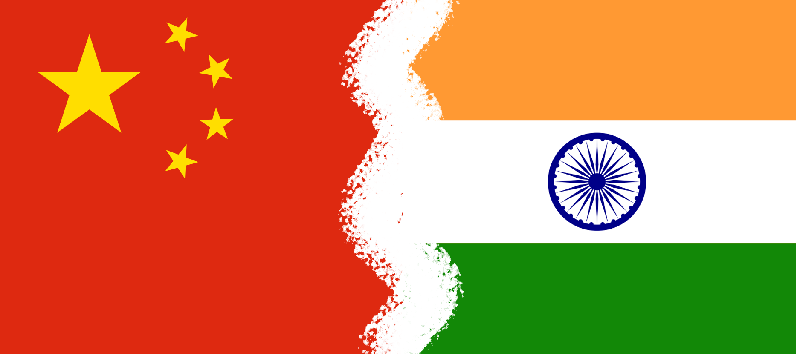Chinese Defense Minister Gen. Wei Fenghe arrived in Nepal’s capital Kathmandu on Sunday to boost military cooperation between the two countries, a day after India’s Foreign Secretary concluded a two-day visit to the Himalayan nation.
During his one-day visit, State Councillor and Chinese Defence Minister Gen. Wei Fenghe paid a courtesy call to President Bidhya Devi Bhandari and Prime Minister KP Sharma Oli. The visit was aimed at boosting bilateral military cooperation.
Wei lauded the Nepalese leaders for Kathmandu’s support for the ‘One China’ policy and extended support to safeguard Nepal’s sovereignty, independence, and territorial integrity, the Chinese Defense Ministry said in a statement.
“The Chinese Defence Minister will also meet Chief of Army Staff General of Nepal Army Purna Chandra Thapa. Wei will return to Beijing the same evening wrapping up his brief visit,” it added.
H.E.Shri Harsh Vardhan Shringla, the Foreign Secretary of India paid courtesy call on Minister for Foreign Affairs Hon. Mr. Pradeep Kumar Gyawali at Singh Durbar today. @PradeepgyawaliK @harshvshringla @PaudyalBR pic.twitter.com/7aim3Fb09m
— MOFA of Nepal 🇳🇵 (@MofaNepal) November 26, 2020
Foreign Secretary @PaudyalBR held bilateral talks with Foreign Secretary of India @harshvshringla this afternoon covering various aspects of Nepal-India bilateral relations in a cordial manner. More in the press release. pic.twitter.com/9LuNPTIKb6
— MOFA of Nepal 🇳🇵 (@MofaNepal) November 26, 2020
Incidentally, the visit came a day after India’s Foreign Secretary Harsh Vardhan Shringla wrapped up his two-day visit to Kathmandu. Earlier India-Nepal relations went downhill when India’s road construction to Lipulekh at 17,000 feet sparked a row between Kathmandu and New Delhi.
The area falls in the tri-junction of India, Nepal, and China In response, Kathmandu released new maps of Nepal depicting areas of Kalapani, Lipulekh and Limpiyadhura within its own borders. New Delhi rejected the new maps saying “artificial enlargement of territorial claims” won’t be accepted.
Indian Army Chief General, M.M. Naravane, indicated that Nepal’s objection to India’s newly-inaugurated road via the Lipulekh Pass in Uttarakhand was likely at the behest of China.
Flash: Indian Army Chief General Manoj Mukund Naravane to visit Nepal from 4th to 6th November, Nepal Army Announces. pic.twitter.com/U3sXR95pNJ
— Sidhant Sibal (@sidhant) October 27, 2020
India and Nepal have been trying to normalize ties since then. In early November, General Naravane visited Kathmandu to settle and restrengthen the ties between the two countries.
Nepal-China ties have been expanding as Beijing has poured billions of dollars of investment in Nepal to build infrastructure under its flagship program, the Belt and Road Initiative (BRI).
The Chinese high-level meet comes at a time when New Delhi is vying to woo its South Asian neighbors as India and China stand locked in a military standoff on the Line of Actual Control (LAC).

However, Chinese state media defended the timing of the visit that it is a “coincidence”. It added that there is a possibility that New Delhi decided to “carry out the high-level visits to Nepal right after it learned about China’s relevant arrangements.”
According to the Chinese state-owned Global Times (GT), India has been riding on its close ties with its neighbors including Nepal and Sri Lanka, and has established itself as a “hegemonic force that keeps small countries frightened.”
“There was a time when most of Nepal’s arms deals were made with India,” GT noted. “Starting in the 1980s, when Kathmandu started to purchase weapons from Beijing, New Delhi was furious, imposing a trade embargo on Nepal. Such moves also unveiled one of India’s pain spots.”
In a sharply-worded article, it blamed New Delhi for interfering in the domestic politics of Nepal and Sri Lanka, saying that the leaders of the two nations were elected and were “toppled by India.” It further said that New Delhi is “utilizing these ties to influence its neighbors’ politics and societies.”